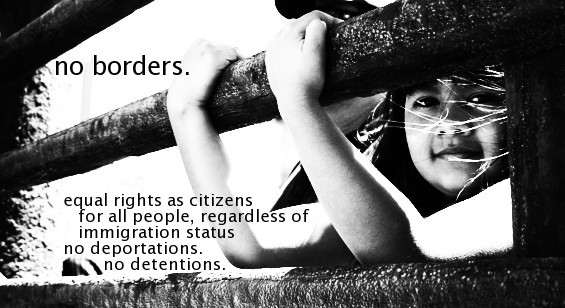When Iraqis Gave Up on Government. by Dahr Jamail and Ali Al-Fadhily. December 28, 2006. Inter Press Service
BAGHDAD, Dec 27 (IPS) - The Iraqi government headed by Prime Minister Noori al-Maliki, like earlier governments assigned by U.S. occupation authorities in Iraq, appears to have killed Iraqi dreams of a brighter future. General elections Dec. 15, 2005 brought in a government that was supposed to listen to Iraqis all over the country. It was called a unity government because the cabinet was formed to include ministers from all ethnic and sectarian backgrounds after months of negotiations in the parliament."This is a unity government that no one should object to," al-Maliki told reporters recently in Baghdad. "All of the powers in parliament should take part in improving security and services in order to achieve success."Maliki condemned groups such as Jabhat al-Tawafuq and The Iraqi Front for National Dialogue, along with other political groups who have been critical of the government.
Maliki condemned groups such as Jabhat al-Tawafuq and The Iraqi Front for National Dialogue, along with other political groups who have been critical of the government. Jabhat al-Tawafuq comprises three leading Sunni groups: the Iraqi Islamic Party, the Iraqi People's Conference and the National Dialogue Council. Their platform is based on national unity and ending the occupation.The Iraqi Front for National Dialogue also stands for ending the occupation, rebuilding government institutions and improving theeconomic and security situation.But opposition leaders blame Maliki for denying them a role within government, undermining his claim that there is indeed a unity government.
(Click here to read more)






